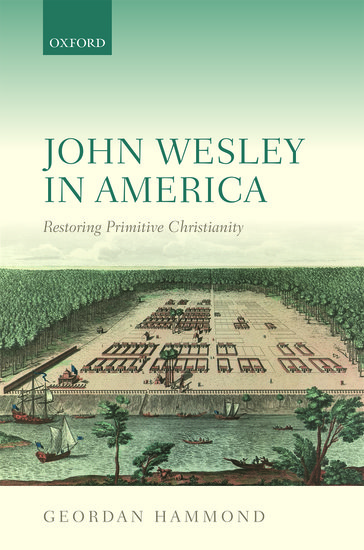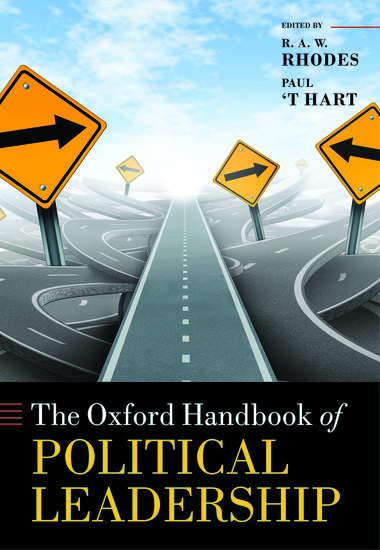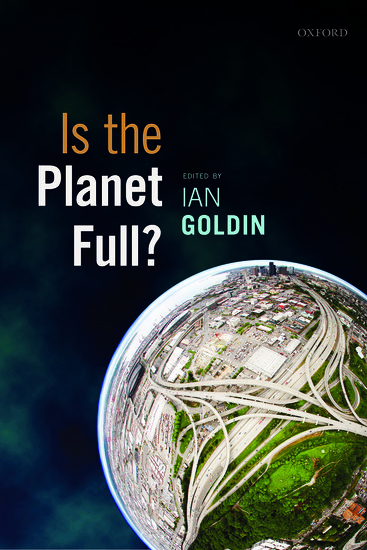Composer and cellist Aaron Minsky in twelve questions
Each month we will bring you an interview with one of our OUP composers, providing an insight into their music and personalities. Today, we are speaking with the cellist Aaron Minsky about his proudest moment, the challenges of staying relevant, desert-island playlists, and his debt to J. S. Bach.











